IB商業(yè)管理課程內(nèi)容及考試內(nèi)容總結(jié)
來源:A加未來國際教育 ? ? ? 時間:2020-03-06 16:43
?
商業(yè)與管理是對個人和團(tuán)隊在動態(tài)業(yè)務(wù)環(huán)境中交互方式進(jìn)行的嚴(yán)肅而嚴(yán)格的學(xué)術(shù)研究。 這是一門學(xué)術(shù)學(xué)科,研究如何制定業(yè)務(wù)決策以及這些決策對內(nèi)部和外部環(huán)境的影響。 商業(yè)與管理為學(xué)生提供了技巧,使他們能夠理解在相互依存和多元文化的世界中推動變化的環(huán)境。 重點放在國際合作和響應(yīng)人民權(quán)益上。今天A加未來小編就帶大家來了解一下IB商業(yè)管理課程內(nèi)容。
IB商業(yè)管理的課程目標(biāo)是什么
鼓勵對商業(yè)世界有整體看法
幫助學(xué)生對批判性思考的能力培養(yǎng)
增強(qiáng)同學(xué)們的決策能力
使同學(xué)們了解變革的步伐,性質(zhì)和重要性
提供業(yè)務(wù)管理主題的整體背景
IB商業(yè)管理包含六個基本概念,涵蓋了整個課程提綱:
• Change
• Culture
• Ethics
• Globalization
• Innovation
• Strategy
CHANGE: Change is necessary within organizations to remain competitive. Success emerges from the ability to research and respond to signals in both internal and external environments.
CULTURE: Values, beliefs and norms of an organization, country or any social group that shapes the customs of people and how things get done. They affect decision making and strategy.
ETHICS: Socially accepted moral principles that guide decision making based on a personal or collective belief of what is right or wrong. These implications can be significant for internal and external stakeholders and the natural environment.
GLOBALIZATION: Internationalization in the form of social, cultural, technological and economic forces influence business organizations, these in turn, shape these forces, providing increased levels of competition and global access to customers. Many businesses organizations operate across national boundaries.
INNOVATION: Improvements to ideas, generation of new ideas applied to businesses in the form of final products, services or processes. Gives businesses competitive advantage and can be applied to all aspects in an organization. A key challenge is bringing in the new and managing the process of improvement in a sustainable way.
STRATEGY: Long term planning that organization carry out in order to meet their vision-mission, to fulfill the needs and wants of all their stakeholders.
Strategy is about asking questions: what? Why? How? When? Where? and who?
GLOBALIZATION: Internationalization in the form of social, cultural, technological and economic forces influence business organizations, these in turn, shape these forces, providing increased levels of competition and global access to customers. Many businesses organizations operate across national boundaries.
IB商業(yè)管理HL課程
IB商管HL專為對學(xué)科有濃厚興趣并希望深入研究商業(yè)與管理以發(fā)展健全的分析和評估技能的學(xué)生而設(shè)計,他們可以將這些知識應(yīng)用于目前的國際形勢中。 通常學(xué)習(xí)HL課程會建議學(xué)生至少達(dá)到數(shù)學(xué)C級以上,但不會假定以前有商業(yè)和管理方面的知識,因此也沒有特殊的課程要求。
本課程涉及以下方面的研究:
組織簡介–包括對業(yè)務(wù)組織的需求,不同類型的組織及其目標(biāo)。
外部環(huán)境–包括組織在其中運行的不同環(huán)境。
營銷–包括實現(xiàn)組織目標(biāo)和應(yīng)對不斷變化的環(huán)境的營銷策略。
人力資源管理–包括人們影響組織以及受組織影響以達(dá)到組織目標(biāo)的方式。
運營管理–包括運營決策,尤其是與人力資源管理,質(zhì)量保證和客戶關(guān)懷的鏈接。
會計和財務(wù)–包括組織如何管理其財務(wù)以及財務(wù)分析工具的優(yōu)缺點。
考試形勢
You will be required to complete the following papers at the end of the two-year course and each paper covers the entire syllabus:
Paper 1
It is based on a pre-issued case study.
1 compulsory question
3 extended response questions of which two must be answered
Duration of Exam: 75 Minutes Sl; 135 Minutes HL
Paper 2
5 data response questions of which 3 must be answered
Duration of exam: 105 Minutes SL ; 135 Minutes HL
Internal Assessment
A Research Project based on real-world organisational issues or decision making. The project has a limit of 2000 words HL
Course Weighting
Paper 1 - 40%
Paper 2 - 35%
Internal Assessment - 25%
IB商業(yè)管理SL
商管SL專為對商科學(xué)習(xí)感興趣并希望通過商業(yè)管理技能來幫助自己在今后學(xué)習(xí)和發(fā)展中獲得優(yōu)勢。 這門課對于學(xué)生沒有太多的課程基礎(chǔ)要求,盡管我們建議同學(xué)們至少在數(shù)學(xué)成績上達(dá)到C級以上。
本課程涉及以下方面的研究:
組織簡介–包括對組織的需求,不同類型的組織及其目標(biāo)以及組織所處的不同環(huán)境。
營銷–包括實現(xiàn)組織目標(biāo)和應(yīng)對不斷變化的環(huán)境的營銷策略。
人力資源管理–包括人們影響組織的方式以及受組織影響的方式,以實現(xiàn)組織目標(biāo)。
會計和財務(wù)–包括組織如何管理其財務(wù)以及財務(wù)分析工具的優(yōu)缺點。
運營管理–包括運營決策,尤其是與人力資源管理,質(zhì)量保證和客戶關(guān)懷的鏈接。
考試形勢:
External Assessment
Paper 1
· 2 of 3 structured questions, and 1 compulsory question, based on a pre-issued case studyDuration of Exam: 75 Minutes (SL)
Paper 2
· 2 of 5 structured questions and 1 of 3 extended response questions based on two concepts.Duration of Exam: 105 Minutes (SL)
Internal Assessment
A Written Commentary following the IBO Required Written Assignment Format, to be internally assessed by the teacher and externally moderated by the IBO.The Research Project must be based on a research question which can be directly related to one of the topics or sub-topics of the Standard Level syllabus and must be a question regarding a real world problem involving any form of a business organization.
Total Length: 2,000 words max (Higher Level)
1,500 words max (Standard Level) If you go over the limits, there will be point penalties.
Course Weighting
· Paper 1 - 35%· Paper 2 - 40%
· Internal Assessment - 25%
以上就是A加未來小編關(guān)于IB商業(yè)管理課程內(nèi)容的總結(jié),希望通過本文,同學(xué)們對于商業(yè)管理這門課能夠有一個綜合全面的了解,并作出最適合自己的IB選課方案。更多IB課程學(xué)習(xí)問題,歡迎隨時咨詢我們。
?








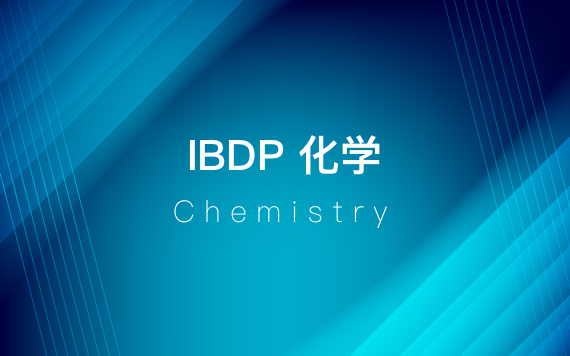

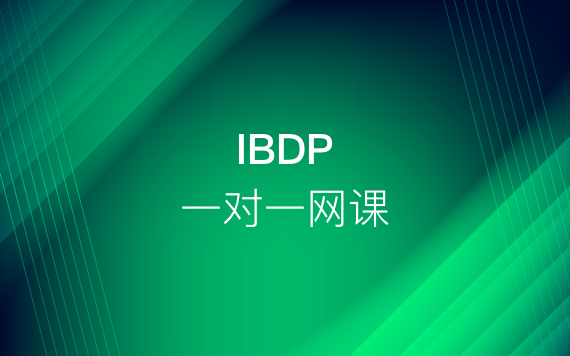
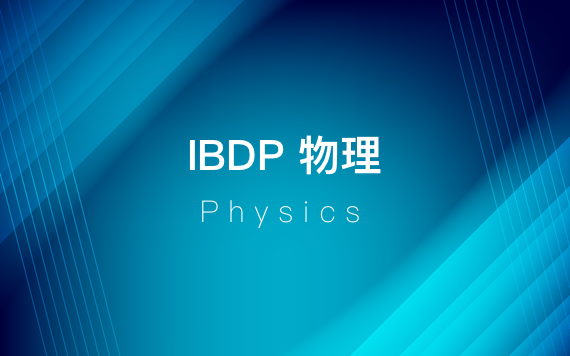
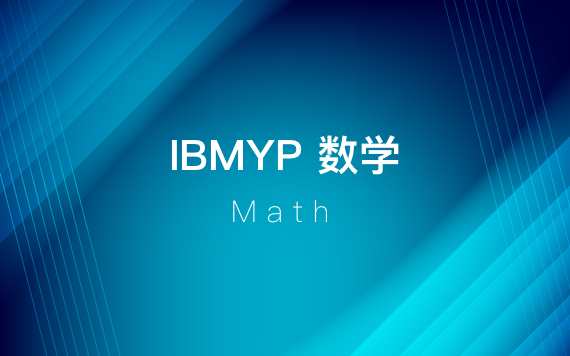
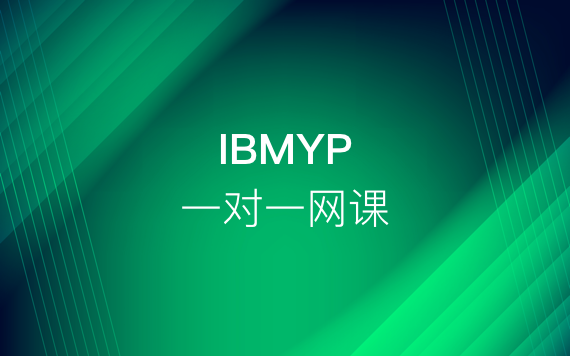
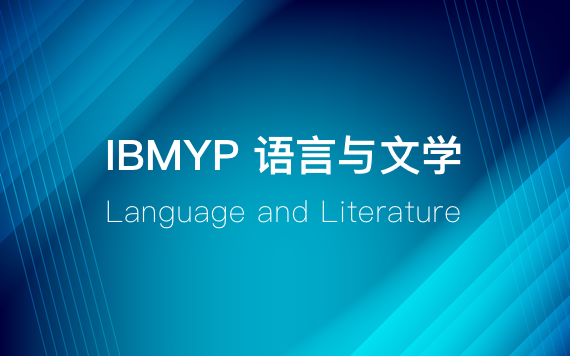
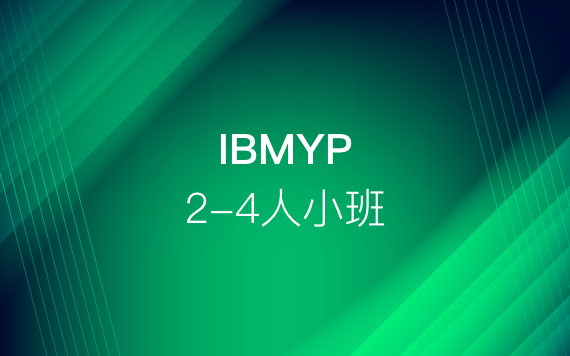








 免費電話
免費電話 